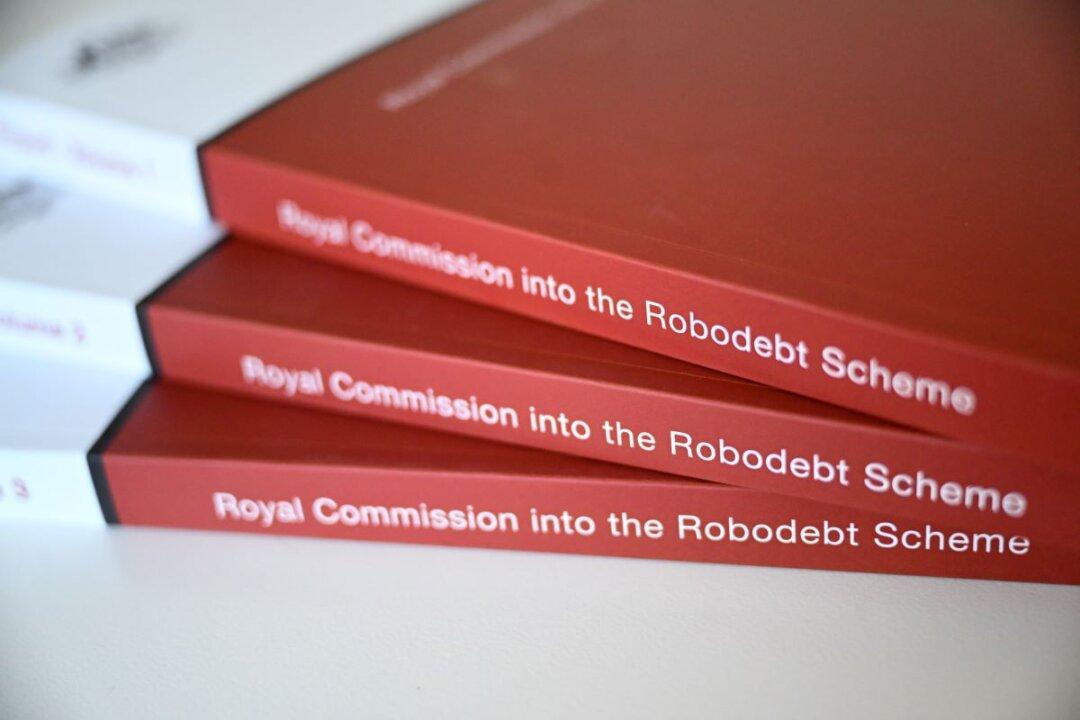The royal commission into the flawed robodebt scheme has referred 20 personnel behind the scheme to Australian authorities for civil and criminal prosecution after the commissioner, Chief Justice Catherine Holmes, found that there was “dishonesty and collusion” behind the scheme.
The referral comes as Ms. Holmes handed down the royal commission’s 990-page report on the illegal scheme, which contained 57 recommendations, to Governor-General David Hurley on July 7. Included in that report was a sealed section that had the names of the 20 individuals the commissioner recommended for prosecution.




